The Medical Media Review
-
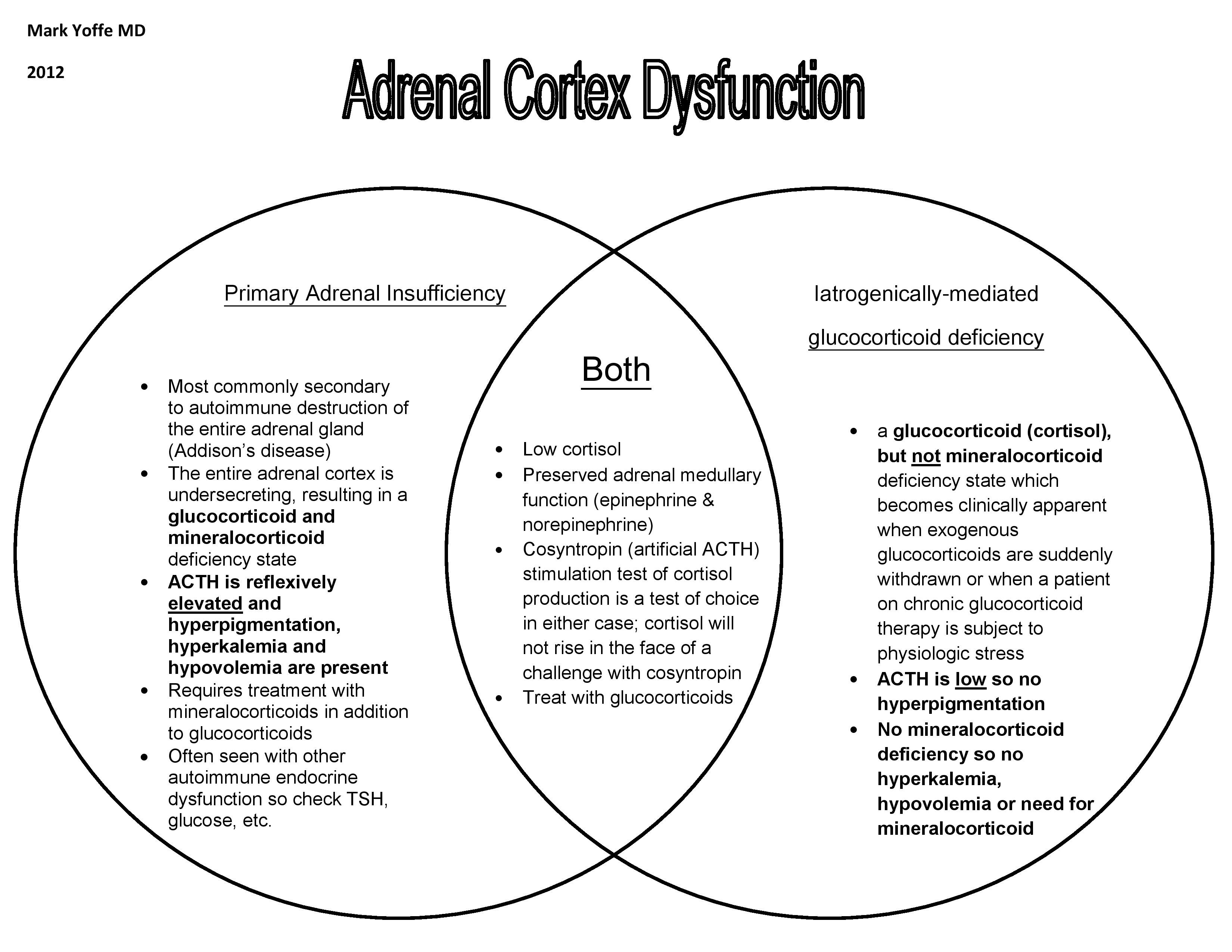
Iatrogenically-Mediated Glucocorticoid Deficiency
Iatrogenically-mediated glucocorticoid deficiency Iatrogenically-mediated glucocorticoid deficiency is a condition that occurs when prescribed glucocorticoids are abruptly withdrawn. Signs and symptoms include weakness, nausea, vomiting and hypotension. Secondary adrenal failure is an inferior and confusing term for what should be more appropriate termed iatrogenically-mediated glucocorticoid deficiency, Secondary adrenal failure incorrectly implies that all of the hormones made by the adrenal gland, including mineralocorticoids and adrenal…
-

Multiple Endocrine Neoplasia (MEN) Syndromes – Mnemonic
This will help you keep the multiple endocrine neoplasia syndromes straight in your head: MEN1: the number “1” in MEN1 should remind you of primary or prime number. MEN1 involves things that start with the letter P: Pituitary adenoma Parathyroid hyperplasia Pancreatic islet cell tumors (gastrinoma, insulinoma, glucagonoma) MEN2A: happens to involve the letter C (This is MEN2A, so there are…
-

Examination of the lymph nodes by Dr. Saul Rosenberg
This demonstration of the examination of the lymph nodes by Dr. Saul A. Rosenberg, Professor of Medicine (Emeritus) at Stanford University School of Medicine and a lymphoma specialist, is outstanding. Hat tip: Stanford 25. Lymph node exam 1 from Blake Charlton on Vimeo. Lymph Node Exam #2 from Blake Charlton on Vimeo. Lymph Node Exam #3 from…
-
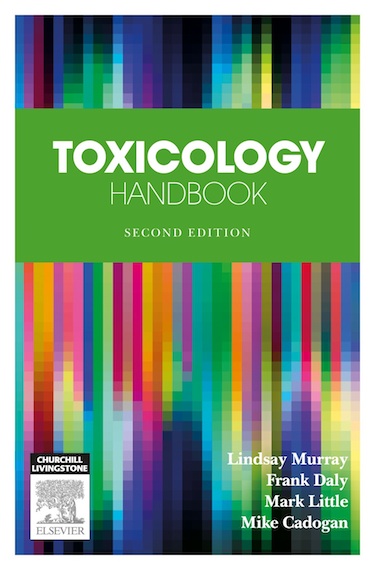
Book Review: Toxicology Handbook (2011) by Lindsay Murray
Toxicology Handbook (2011) by Lindsay Murray, Frank Daly, Mark Little, and Mike Cadogan is a straightforward guide to the management of numerous common and rare overdoses and toxidromes. Each toxin in described in terms of risk assessment, clinical features, investigations, management, disposition and follow-up, handy tips, pitfalls and controversies. The “controversies” section is particularly welcome. As Dr. Otis Brawley once said (paraphrased):…
-
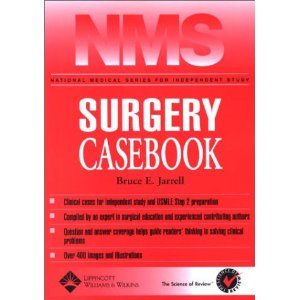
Book Review: NMS Surgery Casebook (2002) by Bruce E. Jarrell
The format of this book is unique. A case scenario is described in vignette format. A question is posed, along with the answer. Then, a number of variations to the question are given, and answers are proffered for these as well. For example, a case of right lower quadrant pain is presented. Case variations include, (1) dysuria and…
-
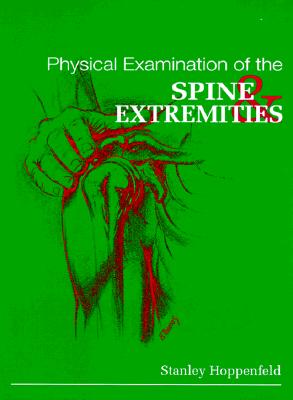
Physical Examination of the Spine and Extremities by Stanley Hoppenfeld
There are very few medical books in existence about which one can be tempted to declare, “I doubt whether in my lifetime there will ever be another book about this topic that is as good as this one.” In fact, I know only one medical book about which a statements like this might be said…
-
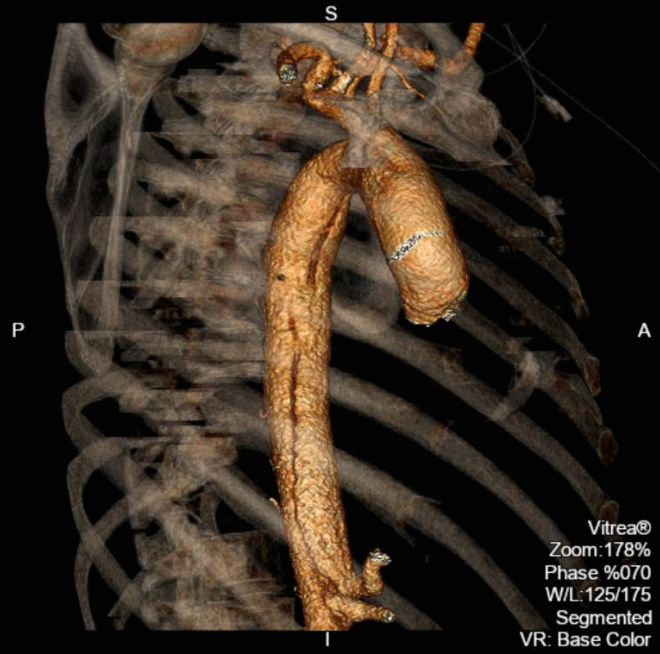
Back Pain: a “Worst First” Approach
When it comes to back pain, think of the worst, i.e. the most dangerous ones, first. That way you won’t miss anything critical, either in real life or on the Boards. Cardiovascular Upper back pain: consider acute coronary syndrome or thoracic aortic dissection Lower back pain: consider abdominal aortic aneurism or rupture (older smoker) and retroperitoneal hematoma.…
Got any book recommendations?